Benefits of Using Automotive Specialty Tools Automotive specialty tools are specifically designed to tackle the unique challenges of working on vehicles. These tools offer numerous benefits that can greatly enhance your automotive skills and make your projects more efficient and effective. Here are some key advantages of using automotive specialty tools:
-
Time-saving: Automotive specialty tools are designed to perform specific tasks quickly and accurately. Whether you're diagnosing a complex engine issue or performing a precise adjustment, these tools can save you valuable time compared to using generic tools or improvising with household items.
-
Enhanced precision: Automotive specialty tools are engineered with precision in mind. They are calibrated to provide accurate measurements, tight tolerances, and proper torque settings. This level of precision is crucial when working on delicate components or ensuring the longevity of repairs.
-
Increased safety: Working on vehicles can be hazardous, especially when dealing with high-pressure systems, electrical components, or heavy-duty machinery. Automotive specialty tools are designed with safety features to minimize the risk of accidents and injuries. For example, tools with non-slip handles, insulated grips, or protective shields can greatly reduce the chances of mishaps.
-
Cost-effective: While automotive specialty tools may have a higher upfront cost compared to generic tools, they can save you money in the long run. These tools are built to withstand the demands of automotive work, meaning they are durable and less likely to break or wear out quickly. Investing in quality tools can prevent costly mistakes, rework, or the need for professional repairs.
-
Professional results: Using the right tools for the job can significantly improve the quality of your work. Automotive specialty tools enable you to achieve professional-grade results, whether you're performing routine maintenance or tackling complex repairs. This can increase your confidence, reputation, and satisfaction with your automotive projects.
In summary, automotive specialty tools offer time-saving, precision, safety, cost-effectiveness, and professional-grade results. Now that you understand the benefits, let's explore the common types of automotive specialty tools and their uses.br/>
Common Automotive Specialty Tools and Their Uses Automotive specialty tools come in various shapes, sizes, and functions. Each tool is designed to address a specific automotive task or challenge. Here are some common types of automotive specialty tools and their uses:
-
Diagnostic Scanners: Diagnostic scanners are essential for modern vehicles, which are equipped with complex electronic systems. These scanners connect to the vehicle's onboard diagnostic (OBD) port and retrieve information about the vehicle's performance, engine codes, and sensor readings. They help identify issues, such as malfunctions, misfires, or faulty sensors, allowing you to pinpoint the problem area accurately.
-
Torque Wrenches: Torque wrenches are used to apply precise levels of torque or rotational force to fasteners. They ensure that bolts, nuts, and other components are tightened to the manufacturer's specifications. Over-tightening or under-tightening can lead to mechanical failures, leaks, or damage to the threads. Torque wrenches help prevent these issues and ensure the longevity and safety of your repairs.
-
Oil Filter Wrenches: Changing oil filters is a routine maintenance task that can be challenging without the right tool. Oil filter wrenches are designed to grip and remove oil filters with ease. They come in various sizes and styles to accommodate different filter types and sizes. Using an oil filter wrench ensures a secure grip and minimizes the risk of damaging the filter or the surrounding components.
-
Brake Bleeding Kits: Maintaining a vehicle's braking system is crucial for safety and performance. Brake bleeding kits enable you to remove air bubbles or trapped moisture from the brake lines, ensuring optimal braking power. These kits typically include a vacuum pump or a pressure bleeder to facilitate the process. Regularly bleeding the brakes can prevent spongy pedals, uneven braking, or brake failure.
-
Battery Load Testers: Battery load testers are used to assess the health and performance of vehicle batteries. They measure the battery's ability to deliver a consistent voltage under load, indicating its overall condition. Load testers help identify weak or failing batteries, allowing you to replace them before they cause unexpected breakdowns or starting issues.
These are just a few examples of the many automotive specialty tools available. Each tool serves a specific purpose, making your automotive projects more efficient and effective. Now, let's move on to the main highlight of this article - the top 5 most used automotive specialty tools.
Remember to compare prices, read reviews, and consider the reputation of the seller before making a purchase. Now that you know where to buy these tools, let's move on to the next section and learn how to choose the right automotive specialty tools for your specific needs.br/>How to Choose the Right Automotive Specialty Tools for Your Needs Choosing the right automotive specialty tools requires careful consideration of your specific needs, budget, and the type of work you'll be performing. Here are some factors to consider when selecting these tools:
-
Intended Use: Identify the tasks or projects you'll be working on most frequently. This will help you prioritize the tools you need and avoid unnecessary purchases. For example, if you primarily work on engine repairs, investing in diagnostic scanners or specialized engine tools would be beneficial.
-
Quality and Reliability: Opt for high-quality tools from reputable brands. While they may be more expensive initially, they tend to last longer and perform better, ultimately saving you money in the long run. Look for tools with durable materials, ergonomic designs, and positive customer reviews.
-
Compatibility: Ensure that the tools you choose are compatible with the vehicles you work on. Some tools may have specific requirements based on the make, model, or year of the vehicle. Check the product specifications or consult with experts to avoid compatibility issues.
-
Budget: Set a budget for your automotive specialty tool purchases. Consider the value these tools offer in terms of efficiency, safety, and professional results. It's better to invest in a few high-quality tools than to buy a large number of low-quality tools that may not perform well or last long.
-
Warranty and Support: Look for tools that come with warranties or customer support. This provides peace of mind and protection against potential defects or issues. Additionally, consider the availability of replacement parts or accessories for the tools you choose.
By considering these factors, you can make an informed decision and select the right automotive specialty tools that will meet your specific requirements. However, owning these tools is just the first step - proper maintenance and care are crucial to ensure their longevity and optimal performance.br/>
Maintenance and Care Tips for Automotive Specialty Tools To maximize the lifespan and performance of your automotive specialty tools, follow these maintenance and care tips:
-
Clean and Dry: After each use, clean your tools to remove any dirt, debris, or fluids. Use appropriate cleaning agents and tools to avoid damaging the tool's surfaces or functionality. Ensure that the tools are completely dry before storing them to prevent rust or corrosion.
-
Proper Storage: Store your tools in a clean, dry, and organized toolbox or cabinet. Use foam inserts, tool trays, or wall-mounted racks to keep your tools secure and easily accessible. Avoid storing tools in humid or extreme temperature environments, as this can accelerate wear and damage.
-
Regular Inspections: Periodically inspect your tools for any signs of wear, damage, or malfunction. Check for loose or worn-out parts, cracked handles, or rust. Replace or repair any damaged tools promptly to prevent further issues or potential safety hazards.
-
Lubrication: Apply appropriate lubricants to moving parts, hinges, or mechanisms of your tools. This helps reduce friction, prevents rust, and ensures smooth operation. Follow the manufacturer's recommendations regarding lubrication intervals and the type of lubricant to use.
-
Proper Handling: Use your tools as intended and avoid excessive force or misuse. Improper use can lead to tool breakage, injuries, or damage to the vehicle or surrounding components. Read the tool's user manual or seek guidance from professionals to understand the correct techniques and precautions.
By following these maintenance and care tips, you can extend the lifespan of your automotive specialty tools and maintain their optimal performance. However, it's worth noting that there may be alternative methods or tools that can achieve similar results.br/>
Alternatives to Automotive Specialty Tools While automotive specialty tools are designed for specific tasks, there may be alternative methods or tools that can be used in certain situations. Here are a few examples:
-
DIY Solutions: In some cases, you can create DIY solutions using common household items or generic tools. For instance, using a zip tie or a piece of wire to secure a temporarily detached component, or using a pipe wrench instead of an oil filter wrench in emergencies.
-
Renting or Borrowing Tools: If you need a specific tool for a one-time or infrequent use, renting or borrowing from friends, local auto shops, or tool libraries can be a cost-effective alternative. This allows you to access specialized tools without the need for long-term ownership.
-
Professional Assistance: For complex or specialized automotive tasks, seeking professional assistance from experienced mechanics or technicians may be the best approach. They have the expertise, specialized tools, and resources to handle the job efficiently and safely.
While these alternatives can be helpful in certain situations, it's important to assess the risks, limitations, and potential impact on the quality of your work. Automotive specialty tools are specifically designed to provide the best results and ensure your safety when working on vehicles.br/>
Conclusion In conclusion, automotive specialty tools are essential for taking your automotive skills to the next level. They offer numerous advantages, including time-saving, enhanced precision, increased safety, cost-effectiveness, and professional-grade results. By equipping yourself with the top 5 most used automotive specialty tools, you can tackle a wide range of automotive tasks with confidence and efficiency.
Remember to choose tools that align with your specific needs, consider factors like quality, compatibility, and budget, and properly maintain and care for your tools to ensure their longevity and optimal performance. Whether you're a seasoned mechanic or a DIY enthusiast, having the right automotive specialty tools in your toolbox will make your automotive projects a breeze.
So, what are you waiting for? Start building your dream toolbox and take your automotive game to new heights with these must-have specialty tools. Happy wrenching!

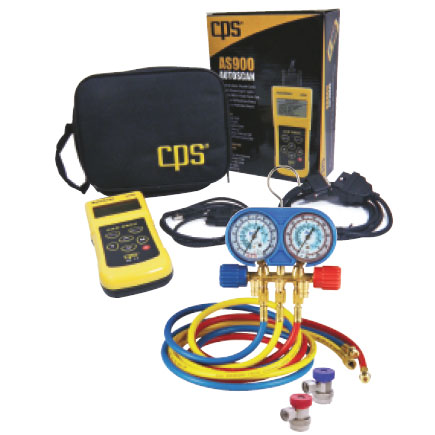

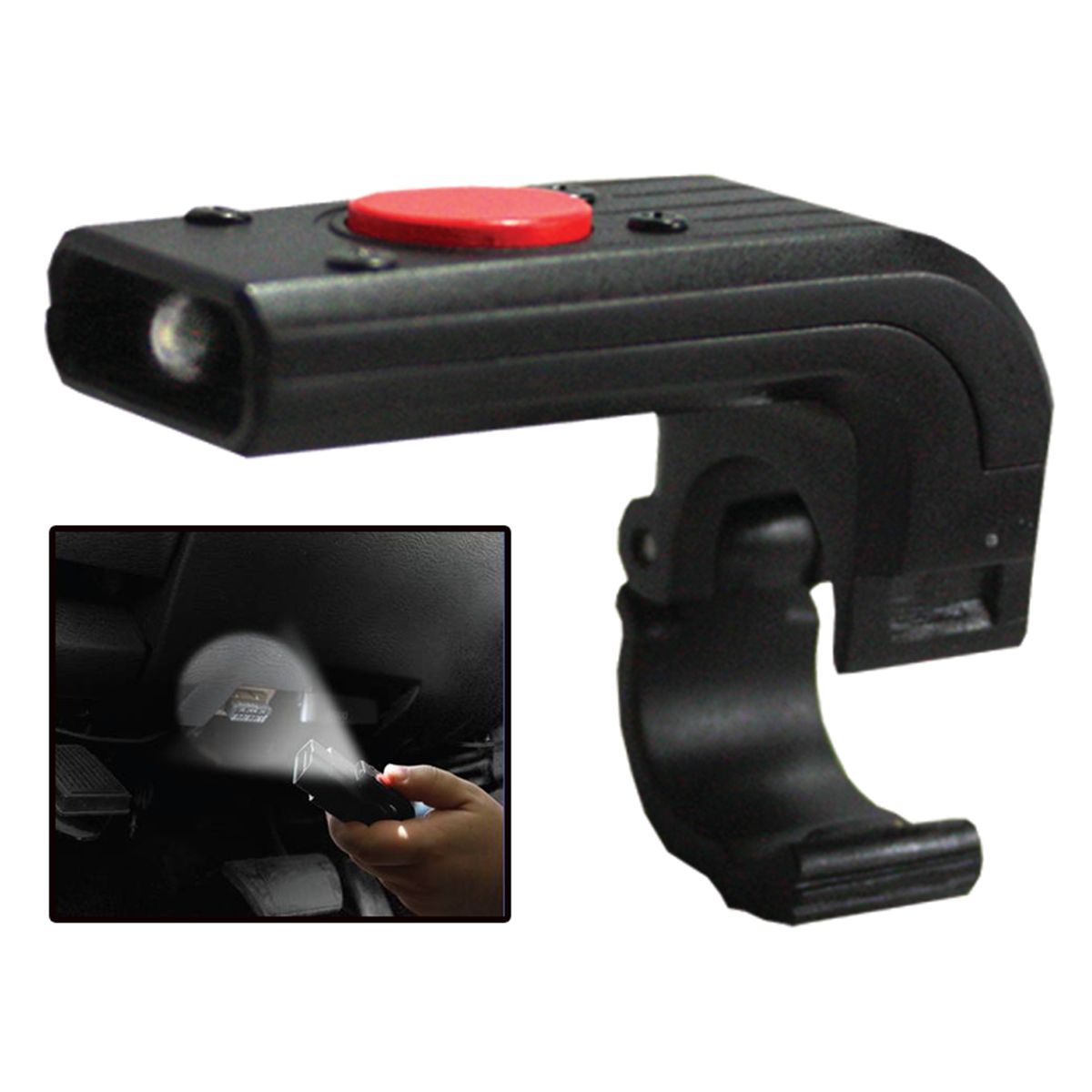


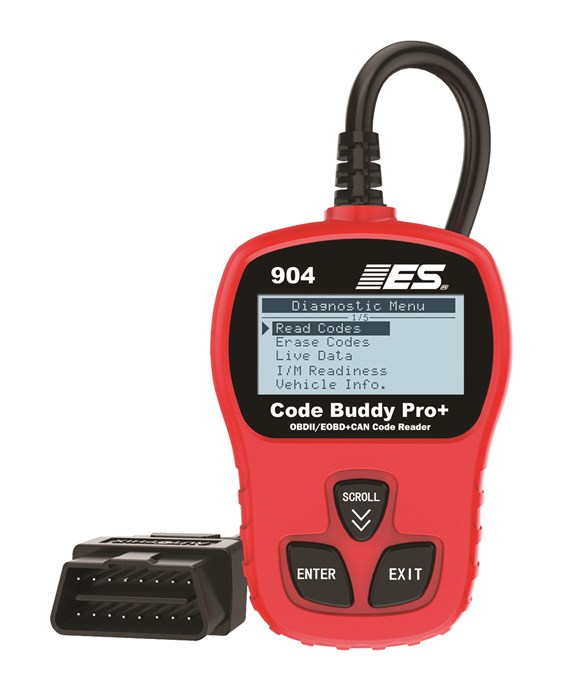

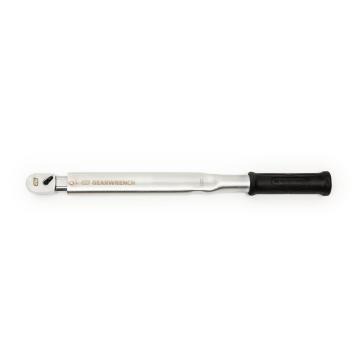
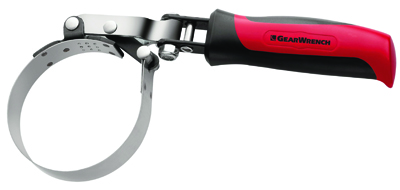

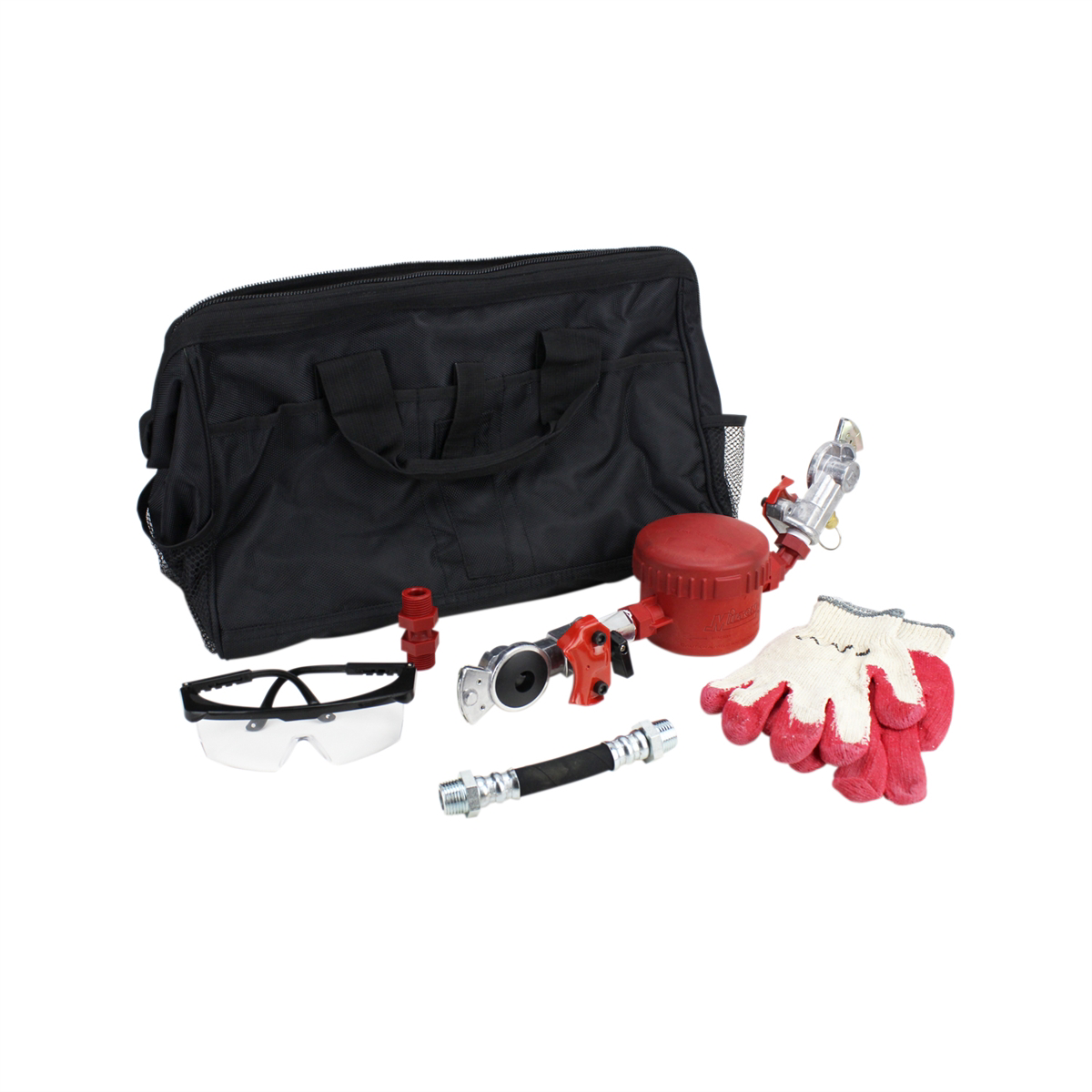

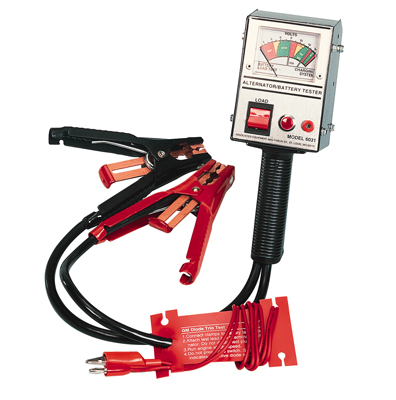

Follow us on social media